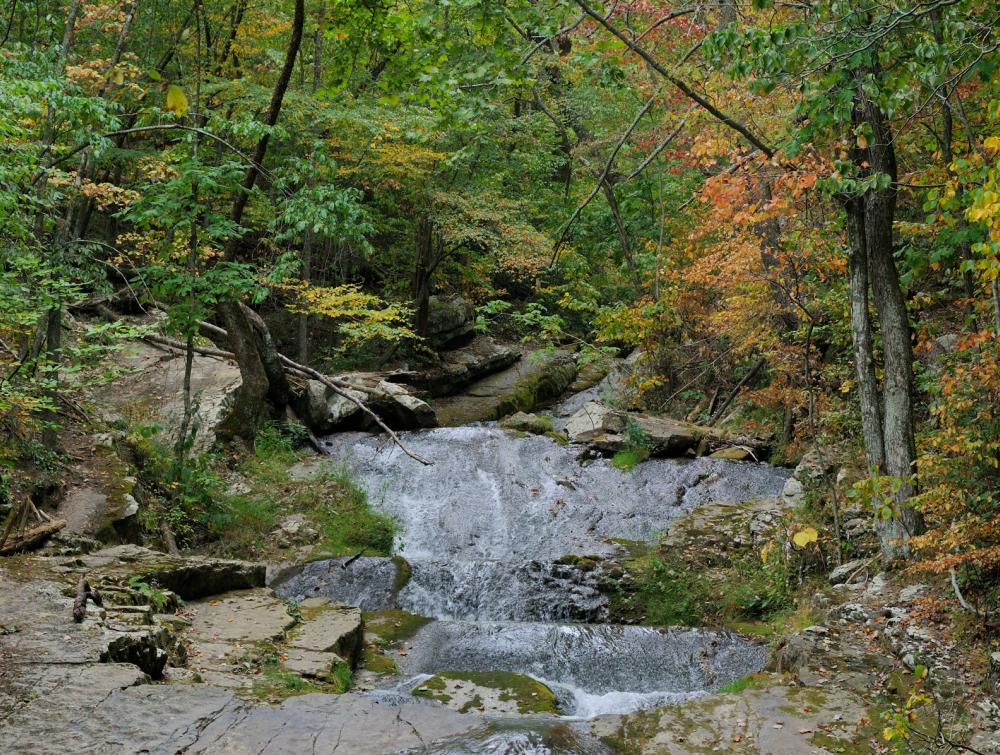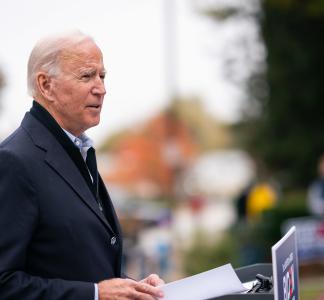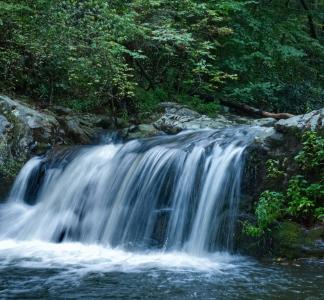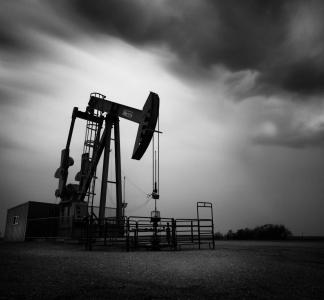We can’t allow the Mountain Valley Pipeline to cut through Appalachia

Jefferson National Forest, Virginia
Steve Tatum, Flickr
Public has until Feb. 21 to weigh in
They were probably hoping we wouldn’t notice. In December 2022, just before the holidays, the Biden administration issued a review that would pave the way for the notorious Mountain Valley Pipeline to cut through Virginia’s Jefferson National Forest.
The draft supplemental environmental impact statement came before there was a chance for full public input, and after a federal court of appeals already twice found that the agencies in charge of the process didn’t give enough consideration to the environmental damage the pipeline would cause. In short: This project stinks, and it has no business moving forward.
The Mountain Valley Pipeline would pollute waterways and communities across Appalachia; it is incompatible with the health and well-being of the region
We have until Feb. 21 to rally opposition to the Mountain Valley Pipeline and tell the U.S. Forest Service the project is incompatible with the health and well-being of communities and wildlands in the region. Please sign our petition to the Forest Service today!
Mountain Valley Pipeline threatens forests, waterways and communities
In recent months, the Mountain Valley Pipeline has been in the news as part of efforts to pass a dirty permitting bill in Congress. But while those legislative tactics failed, the pipeline is still a big looming threat to North Carolina, Virginia and West Virginia (if passed, the bill would have let the pipeline skip legal challenges).
Once completed, the 303-mile Mountain Valley Pipeline would transport fracked gas with the combined greenhouse-gas impact of 19 million passenger vehicles annually. The project would pollute waterways and communities across Appalachia, making some areas—including many low-income communities and communities of color, which have commonly been prevented from weighing in on development decisions and hit hardest by environmental hazards—into “sacrifice zones.” The pipeline’s construction has already led to hundreds of water-quality related violations.
As if that’s not bad enough, the pipeline would cut across key habitat in Jefferson National Forest, including areas adjacent to two designated wilderness areas. It is set to rip through an area of roadless forest and habitat for species including endangered fish and bats.
Though the Mountain Valley Pipeline is a big threat, it’s far from a given that it will end up being built. There are some major legal hurdles in the project's path. It is already years behind schedule. Bottom line: This is a time when we can really make a difference. And it’s certainly no time to give up the fight.
Please tell the Biden administration Mountain Valley Pipeline must not be moved forward.



